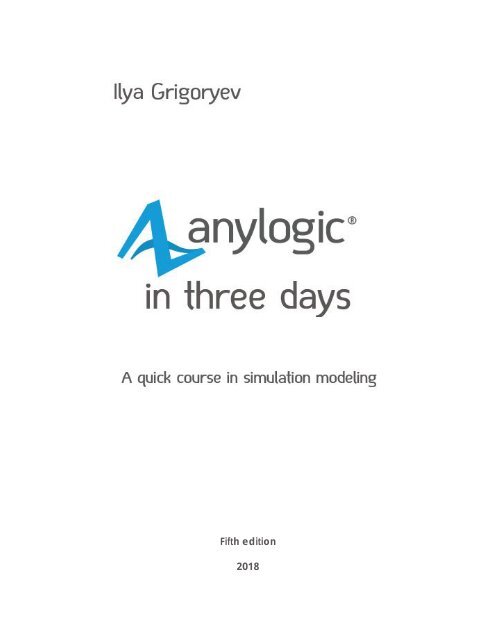


Negotiating for Russia was Sergei Witte, a minister in Czar Nicholas’ government. President Theodore Roosevelt at Portsmouth, New Hampshire, during the spring and summer of 1905. The fighting concluded with the Treaty of Portsmouth, which was mediated by U.S. Journalists covering the war suggested that the Russians looted and burned several villages, and raped and killed many of the women living there. Many of these civilian deaths were attributed to the harsh tactics of the Russians in Manchuria. It’s believed that both sides sustained casualties mounting to more than 150,000 combined, and that some 20,000 Chinese civilians were killed as well. In the end, the Russo-Japanese War was a particularly brutal one, foreshadowing the global conflicts that were to follow. The decisive victory forced the Russians to pursue a peace agreement. Only three vessels ultimately made it to their destination. With Russia’s Baltic Fleet finally arriving as reinforcements in May 1905, after sailing nearly 20,000 nautical miles-a monumental task, especially in the early 1900s-they still faced the daunting challenge of having to navigate the Sea of Japan to get to Vladivostok, with Port Arthur no longer open to them.īy the end of the next day, the Russians had lost eight battleships and more than 5,000 men.

Ultimately, it was their navy that would win them the war. Tsushima StraitsĪlthough the Japanese had achieved an important victory during the Battle of Mukden, they too sustained significant casualties. On March 10, after three weeks of fighting, the Russians suffered significant casualties and were pushed back to northern Mukden.
#ANYLOGIC AN AGENT WAS NOT ABLE TO LEAVE THE PORT FULL#
Days of harsh fighting ensued.Īble to push back the Russians at the flanks, the Japanese eventually forced them into full retreat. With fighting intermittent during the Manchurian winter, the next notable land battle in the conflict began on February 20, 1905, when the Japanese forces attacked the Russians at Mukden. During the first major land battle of the war, the Battle of Yalu River, the Japanese mounted a successful attack against the Russian Eastern Detachment in May 1904, forcing them to retreat back toward Port Arthur. Within two months, they had taken over Seoul and the rest of the peninsula.Īt the end of April 1904, Japanese ground forces began planning an attack on Russian-controlled Manchuria in northeastern China. With the Russians distracted and demoralized, Japanese ground forces set about controlling the Korean peninsula after landing at Incheon in modern-day South Korea. Russo-Japanese War in Manchuria and Korea While Russia avenged that attack with mines of its own, severely damaging two Japanese battleships, the Asian power retained the upper hand at Port Arthur, continuing to bombard the harbor with heavy shelling. Petropavlovsk sank, while Pobeda limped back to port heavily damaged. On April 12, 1904, the Petropavlovsk and Pobeda battleships were able to leave Port Arthur but struck mines just after making it out to sea. However, the Russian ships that evaded the Japanese did not escape unscathed. The ensuing Battle of Port Arthur began the next day.Īlthough the rest of the Russian Far East Fleet was largely protected within the harbor at Port Arthur, the attacks successfully dissuaded the Russians from taking the battle to the open seas, even though attempts to establish a Japanese blockade of the port failed. Under the leadership of Admiral Togo Heihachiro, the Japanese Imperial Navy sent torpedo boats to attack Russian naval vessels, significantly damaging three of the largest: Tsesarevich, Retvizan, and Pallada. The attack by the Japanese Imperial Navy against the Russian Far East Fleet at Port Arthur was designed to neutralize the Russians.

Notably, international law did not require a formal declaration of war prior to launching an attack until the Second Hague Peace Conference of 1907, two years after fighting between the Russians and Japanese had ended.


 0 kommentar(er)
0 kommentar(er)
